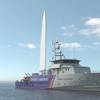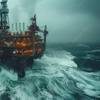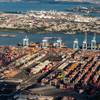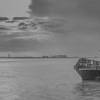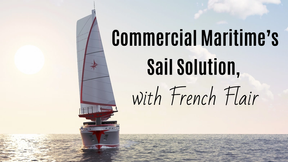Transboundary Oil Pollution Debated in IMO
A working group led by Denmark and Indonesia met in the IMO to consider the need to regulate the issue of transboundary oil pollution, on 13 April,
33 countries and a number of international organisations have just met at the IMO headquarters in London under the chairmanship of Denmark and Indonesia.
On this occasion, liability for damages and the obligation to take out insurance in connection with transboundary oil pollution damage resulting from offshore activities were considered, and this has resulted in the drafting of guidance that is expected to be presented to the IMO Legal Committee in the spring of 2016.
Resistance has prevented a Convention
On several occasions, Denmark and Indonesia have tried to make the IMO undertake to develop an international convention in this area, but resistance from a number of major oil producing countries have made this impossible until now.
The IMO Legal Committee has instead held the view that the issue was more suitable for regulation by means of regional and bilateral agreements. Therefore, the Committee has supported the development of guidance on the conclusion of such agreements.
Support for proposal on fair treatment of seafarers
The support was reiterated at the 102nd session of the Legal Committee held on 14 to 16 April 2015, where a proposal intended to further the IMO guidelines on fair treatment of seafarers in the event of a maritime accident was on the agenda. The proposal has been submitted by, inter alia, the seafarers' international organisations, which call for observance of the IMO guidelines.
Denmark supported the proposals made for the IMO to provide technical assistance to countries having difficulties ensuring that the guidelines are taken into consideration when drawing up national regulations. The Legal Committee supports the proposals in general.
Massive illegal immigration
Finally, the massive wave of illegal immigration from North Africa to Europe via the Mediterranean was considered. In 2014, more than 200,000 persons in distress at sea have been rescued and more than 3,000 persons have been reported dead. This immigration wave subjects the coastal rescue services in the European countries concerned as well as the merchant ships and the seafarers on board these to a tremendous pressure.
Upon the proposal of inter alia Denmark, the Committee decided to establish an informal, fast performing working group with the task of identifying any initiatives that can be taken within the area of responsibility of the Committee.



